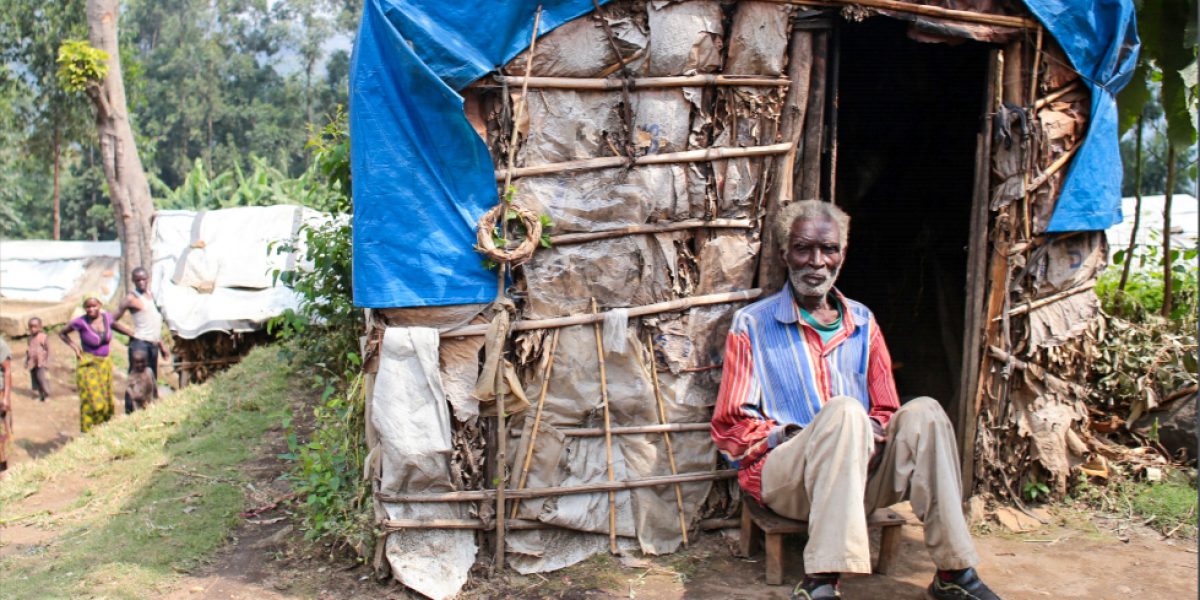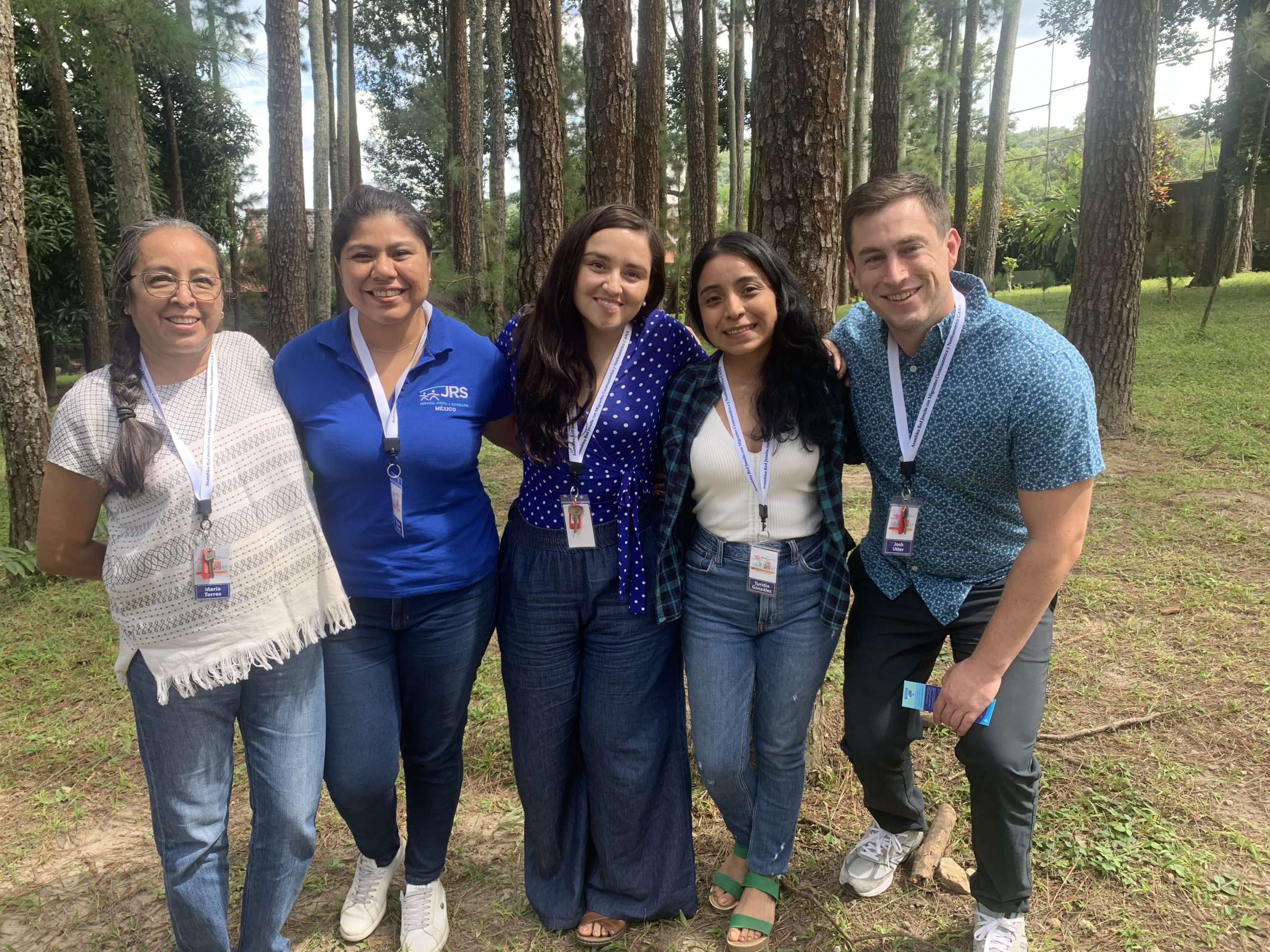Jesuit Refugee Service/USA Heeds Pope Francis’s Call to Serve Internally Displaced Persons
14 September 2020

Since 1914, the Catholic Church has celebrated World Day of Migrants and Refugees (WDMR) as an occasion to express concern for the plight of vulnerable people worldwide. In a show of global solidarity, clergymen and women pray for forcibly displaced peoples and use the moment to increase awareness about the opportunities that migration offers.
This year, on September 27, 2020, the 106th Celebration of the World Day of Migrants and Refugees, Pope Francis is calling on the Church globally to care for internally displaced persons (IDPs), just as Jesus Christ would, through a renewed theme: “to share in order to grow.”
The Jesuit Refugee Service/USA proudly shares in this year’s mission and invites you to walk with us as we accompany our internally displaced brothers and sisters.
What is World Day of Migrants and Refugees (WDMR)?
The early days of the papal observance are traced back to the months preceding World War I. Stirred by the movement of millions of Italians who had migrated abroad since the turn of the 20th century, Pope Pius X called on all Christians worldwide to pray for migrants. Following his call, Pope Benedict XV instituted the Day of the Migrant to support the spiritual and economic growth of Italian emigrants.
More than 100 years later, the date is now observed as a liturgical day within the Church calendar and promotes solidarity with refugees, migrants, and forcibly displaced peoples around the globe.
Who are Internally Displaced Persons?
Unlike refugees, IDPs have not crossed a border to seek safety, and thus are displaced within the borders of their own countries. Often, they move to areas where humanitarian aid is difficult to provide or distribute, which increases their vulnerability.
Where do IDPs live?
According to the United Nations High Commissioner for Refugees (UNHCR), at the end of 2019, some 45.7 million people were internally displaced due to armed conflict, generalized violence, or human rights violations.
In particular, displacement due to conflict and violence has been disproportionately cast across Sub-Saharan Africa, South Asia, and the Middle East, according to the Internal Displacement Monitoring Centre. Due to increased urbanization globally, internal displacement is occurring in a greater number of towns and cities. The effects of disasters and climate change could have a disproportionate impact on urban displacement.
How is Jesuit Refugee Service responding?
Since 1980, the Jesuit Refugee Service has positioned pastoral care and support for IDPs at the center of its mission to serve, accompany, and advocate.
In response, JRS currently accompanies IDPs in 14 countries through the implementation of education services, psychosocial support, peace building, and pastoral activities, among other initiatives. Across the Middle East and North Africa (MENA), JRS programs in Damascus and Aleppo, Syria, directly address the plight of displaced Syrians due to the ongoing Civil War, which began in 2011. Major protection needs include safeguarding young girls from forced marriage, child labor exploitation, and access to healthcare for women and children.
JRS further supports the Global Protection Cluster – G20 Campaign – an initiative calling for renewed attention to IDPs around the world. Spearheaded by UNHCR, UN Office for the Coordination of Humanitarian Affairs, and the Special Rapporteur on the Human Rights of IDPs. Our advocacy guide launches recommendation to in-country staff for ways of supporting the campaign at the grassroots level.
How can I become involved and learn more?
Join Jesuit Refugee Service on September 23, 2020 for a virtual panel discussion – “To know in order to understand” – where speakers across JRS global and the Holy See will discuss Pope Francis’s message about IDPs and JRS service across Southeast Asia, South America, and Central Africa.



